Publicly, things have been pretty quiet over at Meta, the augmented reality headset and software startup based in Silicon Valley. But that doesn't mean that the company doesn't have a few strong opinions about the state of AR in 2018.
In a recent TED talk, one of the company's optics engineers, Dr. Barmak Heshmat, delivered an 11-minute presentation designed to offer some clarity regarding the present and future of AR, from his perspective.
- Don't Miss: Meta's New Enterprise User Video Shows Signs of Life at Cash-Strapped Augmented Reality Headset Maker
Specifically, Heshmat, a former MIT researcher, believes that we're at least five to 10 years away from a more mainstream version of AR. His vision is a world in which users have a choice between a more powerful, desktop version of AR goggles, and a lighter, more mobile-friendly version of AR smartglasses that look like normal eyeglasses.

Heshmat's vision of AR in the next 5-10 years.
"Some businesses are trying to make [lightfield technology] sound as if it's some crazy neurological, quantum physics thing, which it's absolutely not," says Heshmat. "Let me tell you what lightfield is for you as a consumer in 30 seconds. Lightfield means that the light that's coming to your eye from the display is not coming from a single flat plane like [an] IMAX screen. But it's ideally coming from the different optical depth of different objects in the scene. That's it."
Heshmat then guides the audience through a simple demonstration of how to think about the optical dynamic using their own hands.
But hold on, something stood out here.
Although Heshmat doesn't mention Magic Leap by name, anyone who has been following Magic Leap for years knows that this area was one of the central components of the hype the company used frame itself as unique before launch. So when Heshmat refers to companies touting "some crazy neurological" discovery, it seems fairly obvious that he's referring to what Magic Leap calls its "photonic lightfield chip."
Back in 2015, Wired published an interview with Magic Leap CEO Rony Abovitz, stating, "He calls the technology behind Magic Leap a 'dynamic digital light field signal' and 'the closest replication to what the real world is doing as it interacts with your eye brain system.' But he won't elaborate."
Cue the mystery music!
Of course, in terms of the hardware, we now know that Magic Leap is using (unremarkable at this point) stacked waveguides (or, in Magic Leap parlance, "photonic lightfield chips"), but Abovitz still makes a point of outlining Magic Leap's approach to the human brain when delivering AR.
Nevertheless, the tone of Heshmat's comments seems to echo that of other AR competitors who were frustrated with the hype coming from Magic Leap before the release of its headset (something even Abovitz admitted was a mistake).
But it doesn't end there. A few other comments from Heshmat sound like direct retorts to Magic Leap's current offering.
"I'm sorry to break it to you, but AR image quality is going to suck for a very long time," says Heshmat. "And I don't care how many billions of dollars you're gonna spend in hyping this thing up; this thing is just not gonna replace your cell phones or monitor screens anytime soon."
That doesn't sound like he's talking about the HoloLens, or even the Meta 2. That sounds like Magic Leap. But wait, there's more.
"What is an AR headset solving after ten years of development, dude? Play immersive video games in my living room? Like, seriously?" says Heshmat.
"Please, please, don't get too excited about immersion. This is why 3D TVs died. I don't need to get immersed in my emails or in Fox News, for God's sake. I also don't need to augment video games in my living room that already has a 72-inch, high dynamic range, 4K screen for half the price of a headset. I want to get work done. Ten times faster, ten times easier … think along those lines, real value."
Overall, Heshmat makes some good points and offers some much-needed clarity about the state of AR, but it's hard to think he's talking about any company other than Magic Leap when he says: "Let's put cool aside, stick to the truth, and build on it together."
However, while using AR to play video games and watch TV in your living room may not seem like valuable pursuits to Meta's optical engineer, the fact is that we still don't really know if the public wants this or not. For that, we'll have to wait for Magic Leap's more consumer-oriented device (which, according to some reports, may emerge this time next year).
In the meantime, Heshmat's pleas to ignore cool may sound level-headed, but as I pointed out recently, cool might be exactly the strategy AR needs to go from edge technology to full-blown mainstream linchpin in the next few years.
- Follow Next Reality on Facebook, Twitter, Instagram, YouTube, and Flipboard
- Sign up for Next Reality's daily, weekly, or monthly newsletters
- Follow WonderHowTo on Facebook, Twitter, Pinterest, and Flipboard
Cover image via TEDx Talks/YouTube








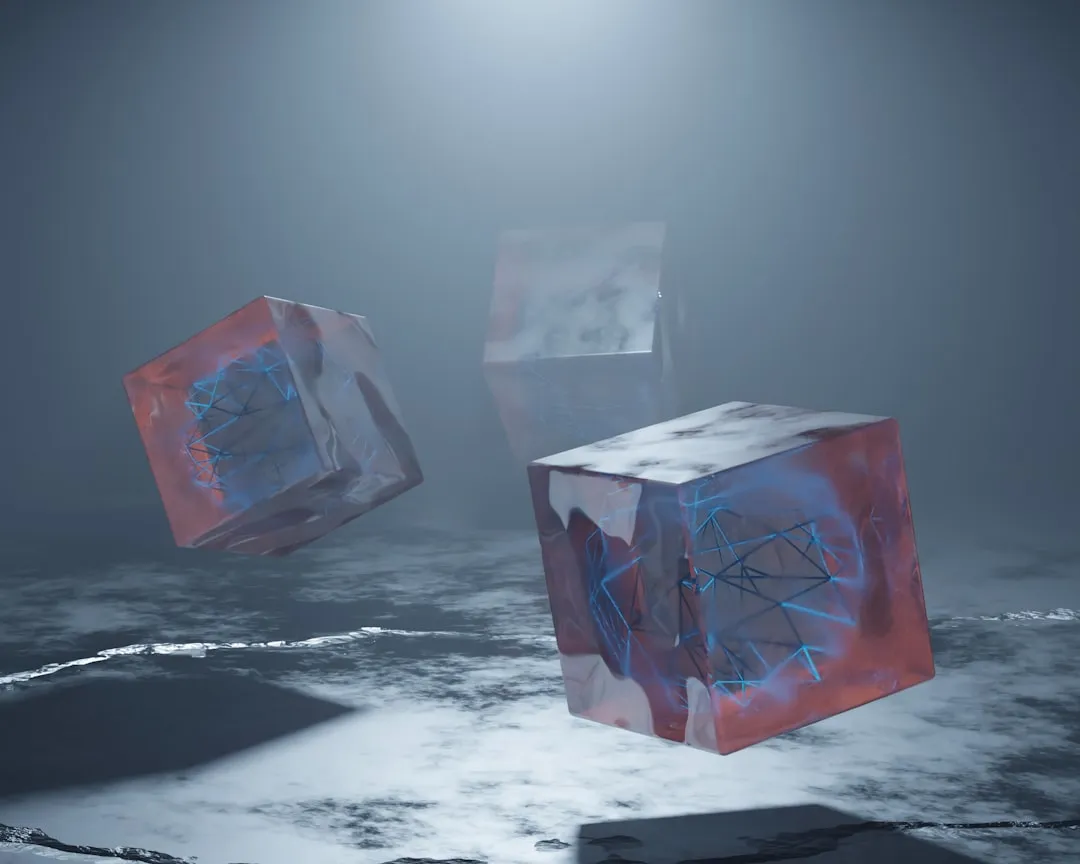








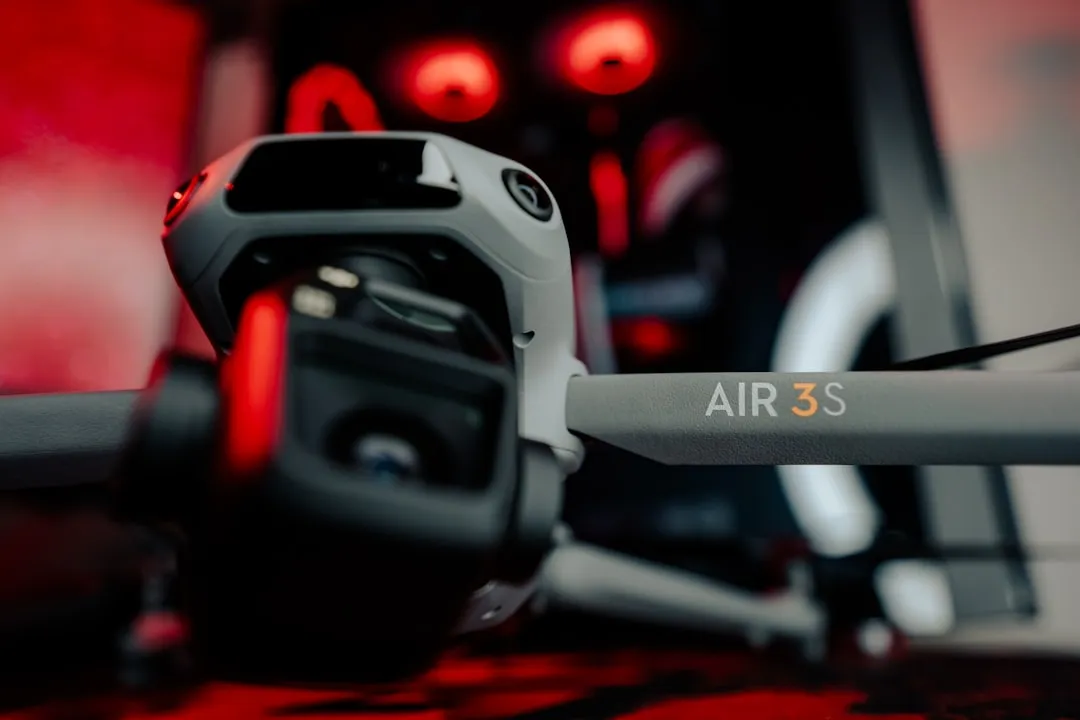

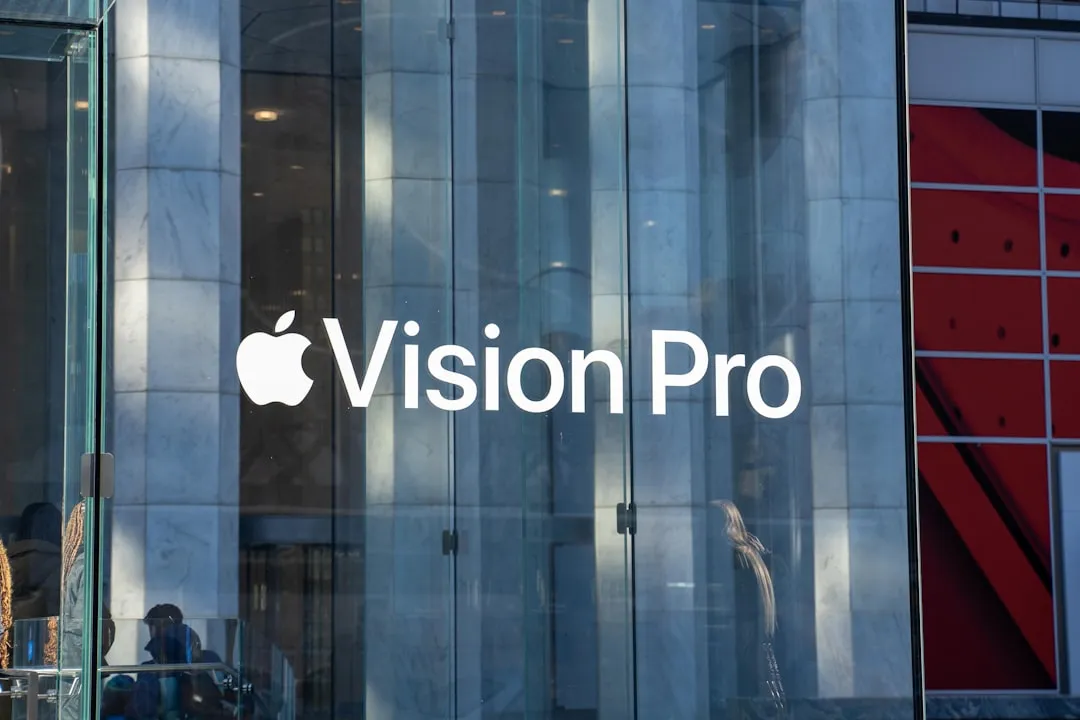
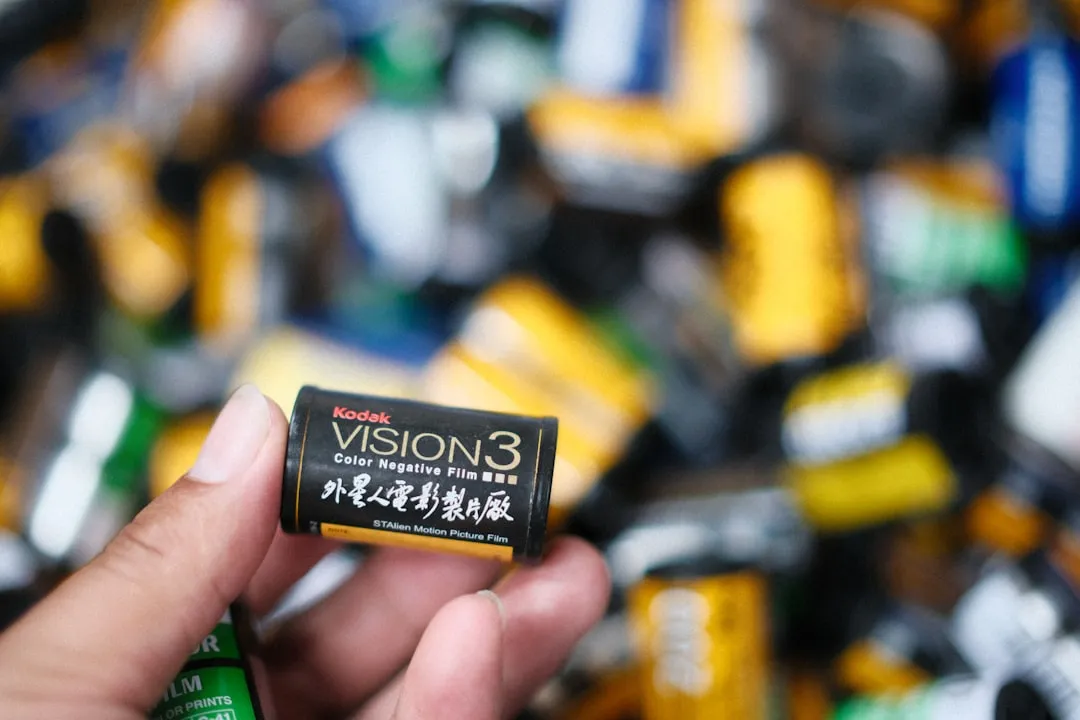
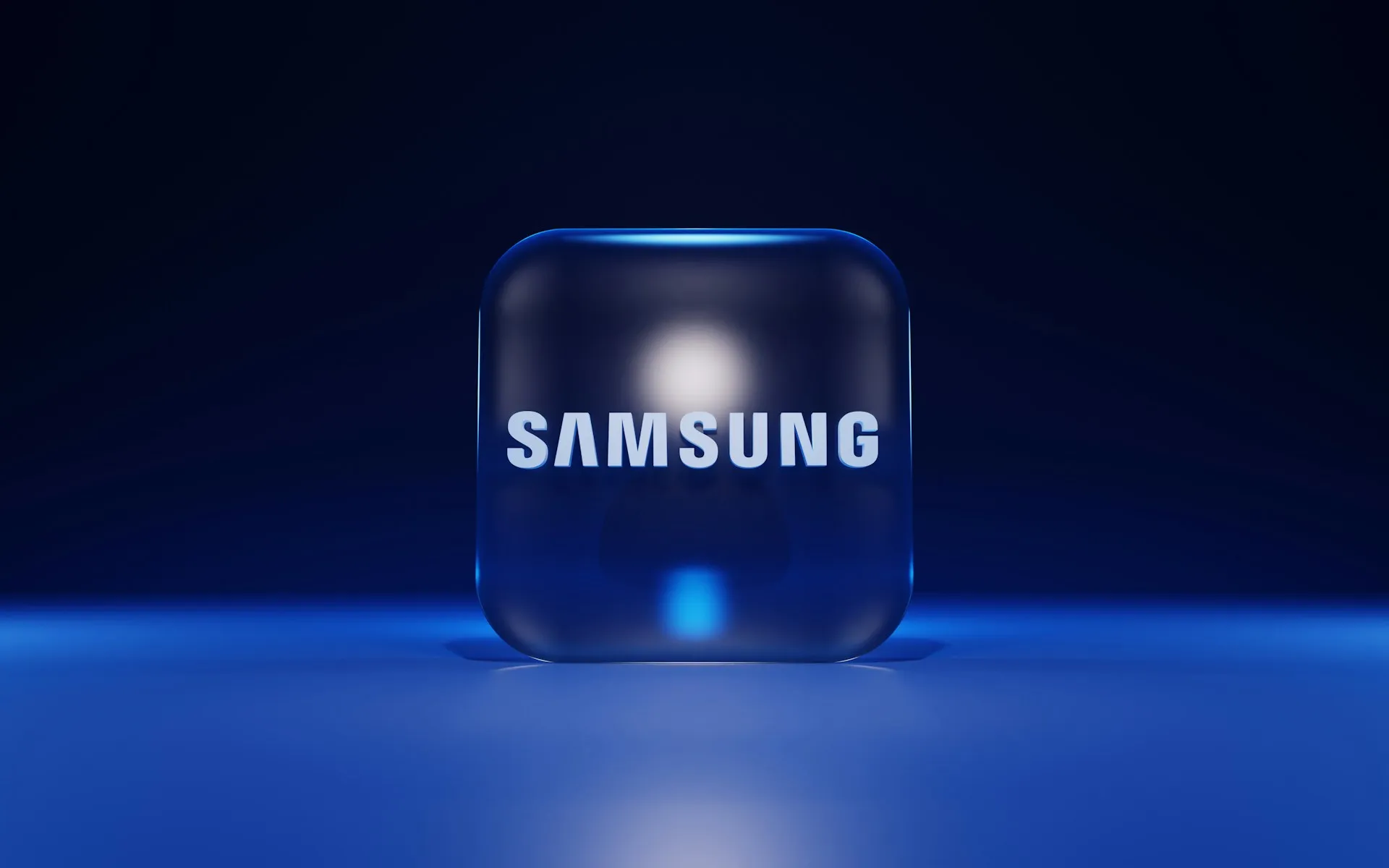

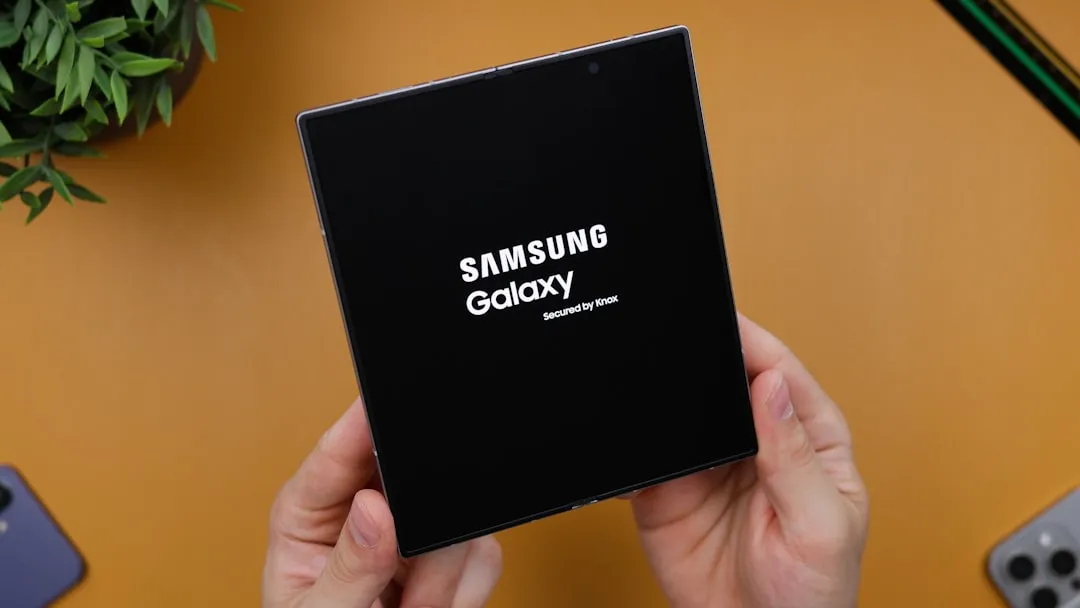

Comments
Be the first, drop a comment!